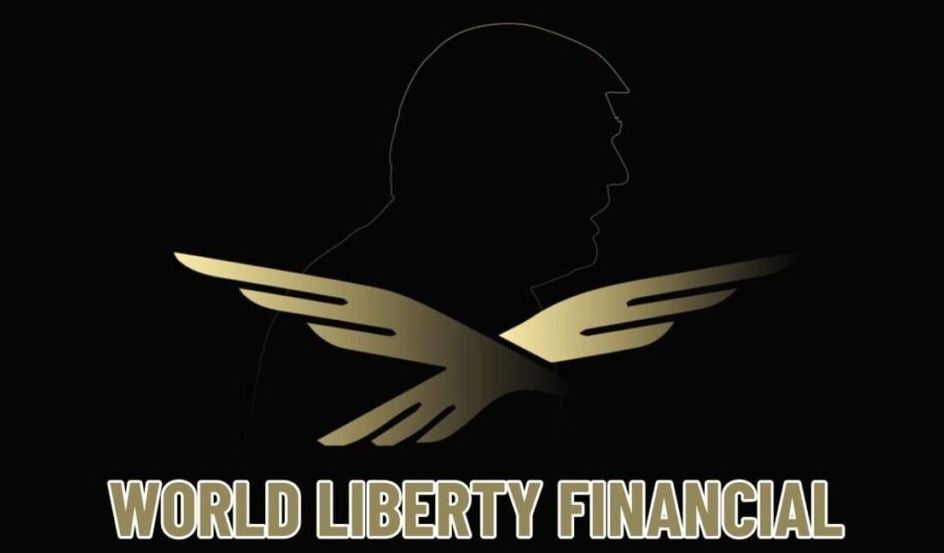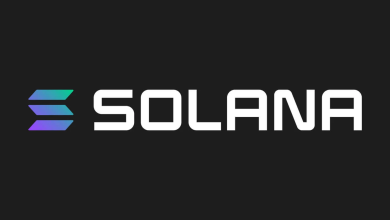Eric Trump says World Liberty Financial is working on real estate tokenization


Eric Trump has announced that World Liberty Financial (WLFI), the blockchain-focused fintech firm he co-founded earlier this year, is actively developing a real estate tokenization project. The move aims to bring high-value property investments onto the blockchain, offering a new model for fractionalized real estate ownership and digital asset integration.
Speaking during a CoinDesk TV interview, Trump said WLFI is “currently working on tokenizing a specific real-estate project tied to a building under development.” He emphasized that tokenization will play a central role in WLFI’s strategy to merge traditional finance with blockchain innovation, allowing investors to access real estate markets through blockchain-based micro-shares.
Expanding blockchain access to property markets
According to Trump, the initiative is designed to make luxury property investment more accessible and transparent. By tokenizing real estate, WLFI aims to allow investors of all sizes to purchase fractionalized ownership in premium developments, reducing entry barriers that have long excluded smaller investors from participating in high-end real estate markets.
Reports from Reuters earlier this month confirmed that WLFI is developing technology to support the tokenization of real-world assets, including real estate, oil, and gas. The company also plans to introduce a crypto-backed debit card and integrate blockchain tools for digital asset management, positioning WLFI as a comprehensive financial ecosystem bridging traditional and decentralized finance.
The concept of real estate tokenization has gained momentum across the fintech industry, as firms explore blockchain as a means to improve liquidity, transparency, and transferability of physical assets. Tokenized properties can be traded on blockchain platforms, enabling quicker and more efficient ownership transfers while maintaining regulatory compliance.
Linking real-world assets to the blockchain
World Liberty Financial’s entry into real estate tokenization reflects a broader shift toward blockchain-enabled financial products. Trump noted that compliance and security remain top priorities for the company as it navigates regulatory frameworks around tokenized asset offerings. WLFI’s platform will reportedly include features for investor verification, smart contract-based ownership tracking, and on-chain transaction transparency.
WLFI, launched in ahead 2025, has positioned itself as a next-generation financial platform integrating digital assets with traditional investment models. The company’s leadership, which includes business executives and blockchain experts, aims to bring institutional-grade infrastructure to the consumer-facing crypto economy.
If successful, WLFI’s real estate tokenization initiative could redefine how property ownership and investment operate in the United States. By transforming physical assets into blockchain tokens, the firm hopes to create a more liquid, global market for real estate investors. Analysts suggest this could pave the way for tokenized securities, property funds, and cross-border investment products built entirely on blockchain technology.
As Eric Trump and World Liberty Financial continue to push forward, the project could become a defining case study for blockchain adoption in traditional asset markets—blending real estate, fintech innovation, and digital asset tokenization in one ambitious strategy. The move highlights a growing trend where legacy finance meets Web3 technology, signaling a new era for real-world asset investment.







